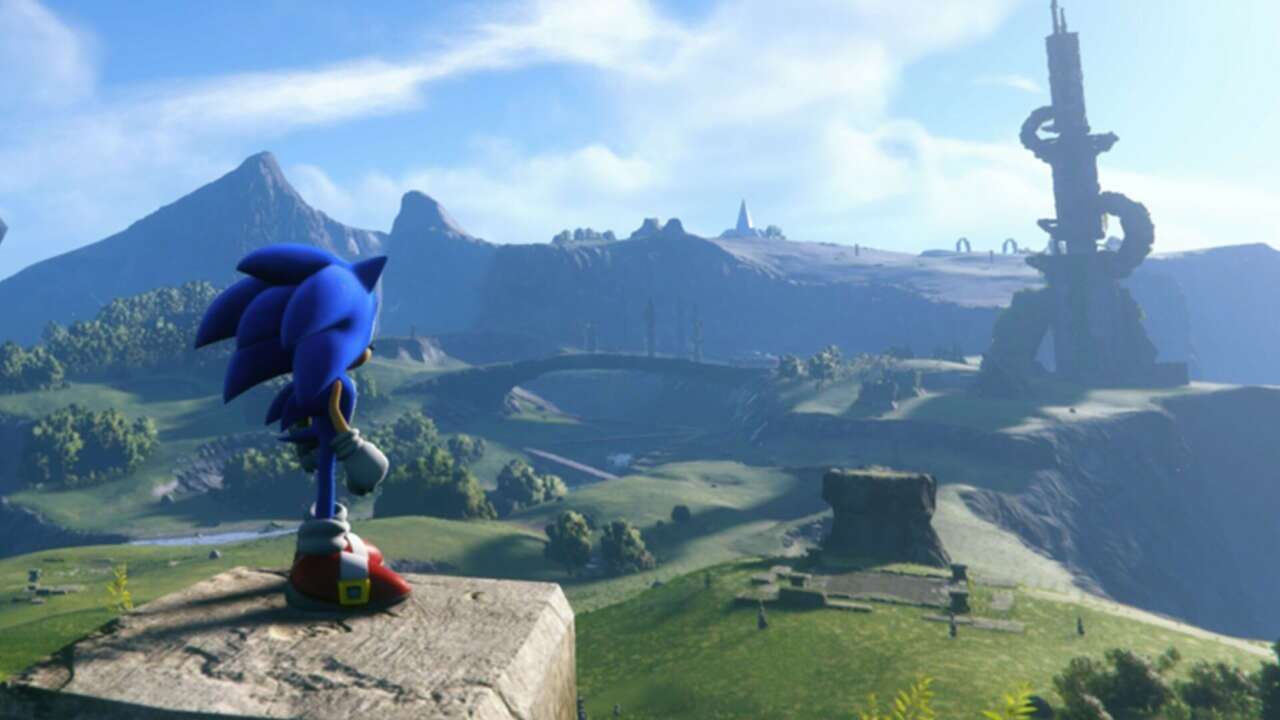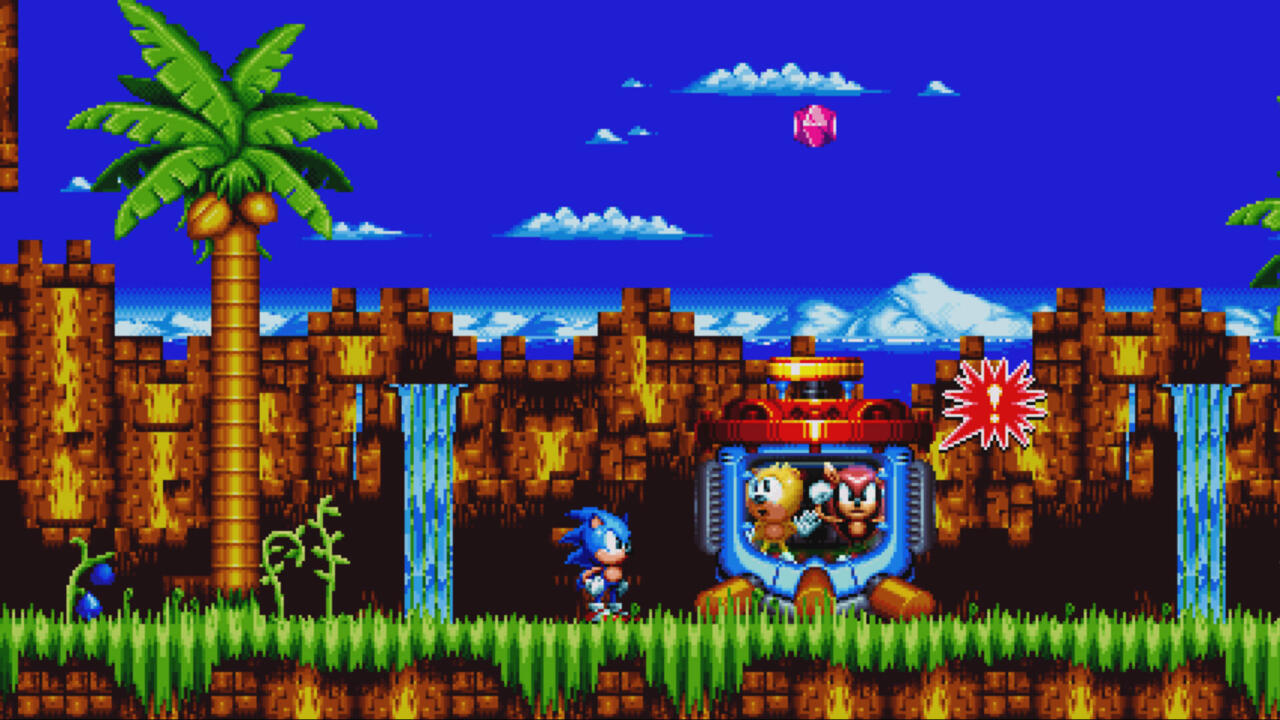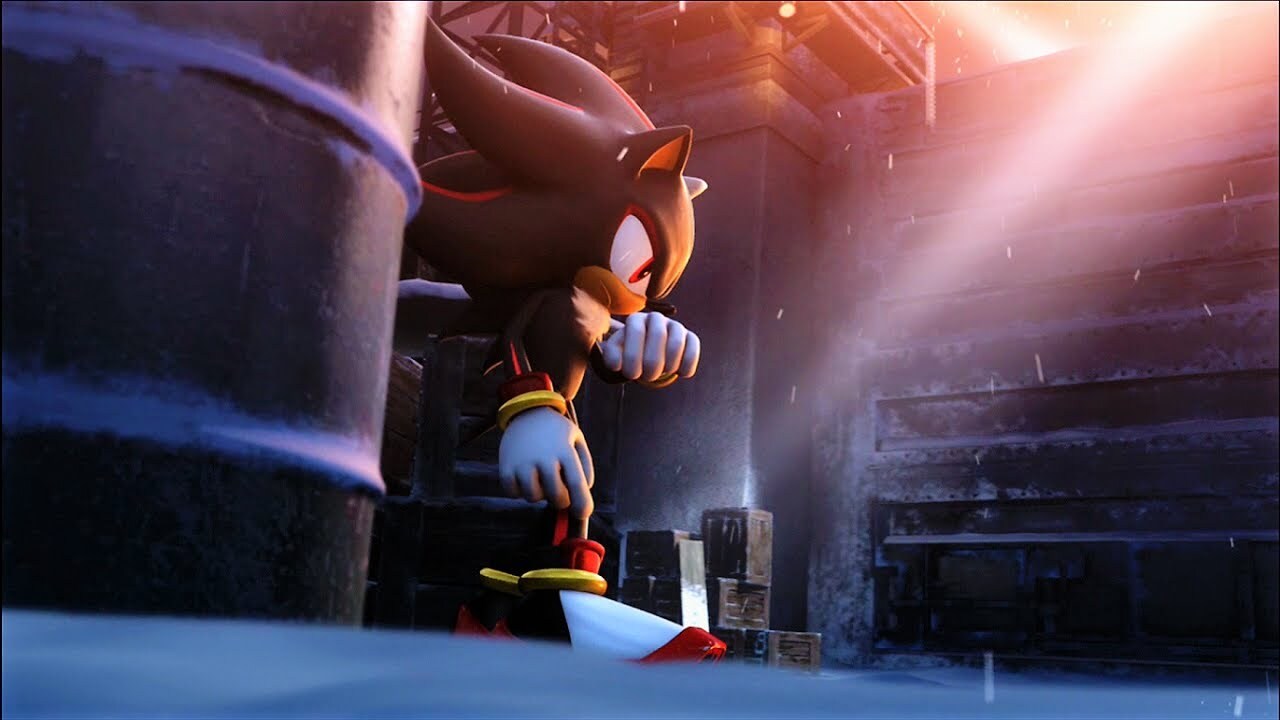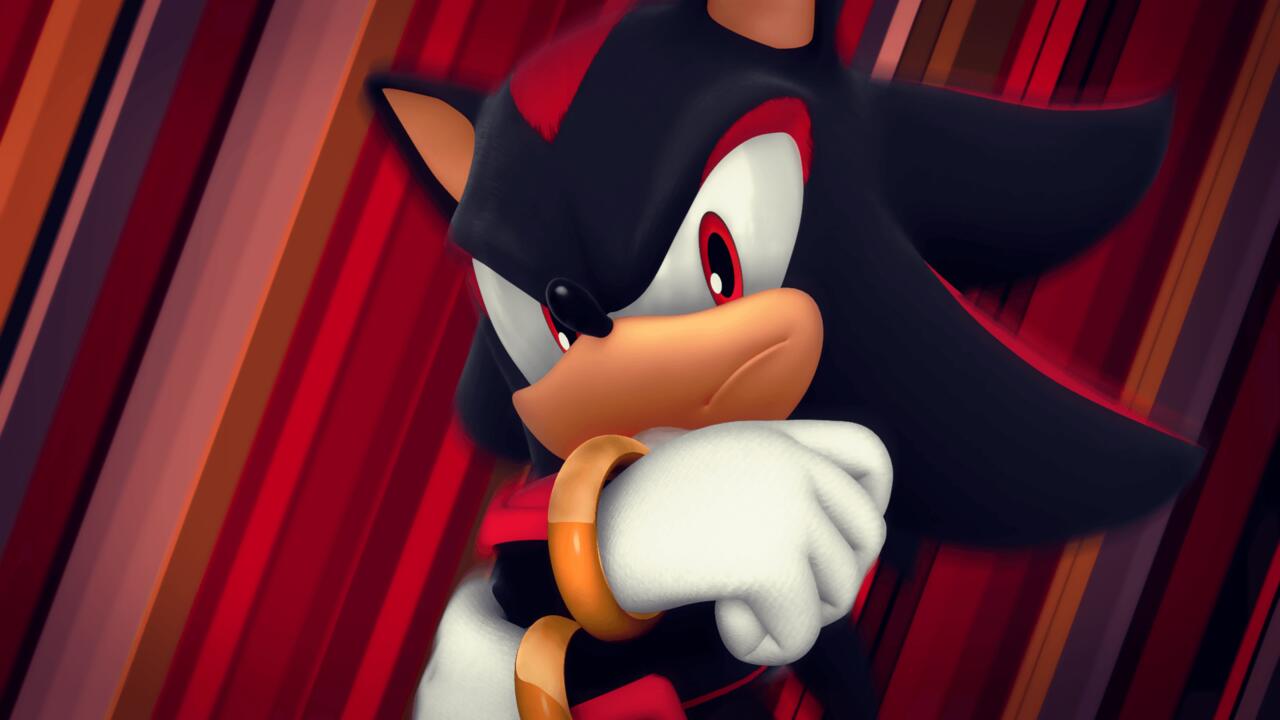Meet The Modders Fixing The Bad Sonic Games Of Your Youth
Sonic the Hedgehog has come a long way in the past few years. From the open-world reinvention Sonic Frontiers to the financial success of the movie franchise, everyone’s favorite Sega mascot is enjoying a boom period. But while some at Sega might want you to forget some of Sonic’s more mediocre (or downright terrible) outings–especially those of the mid 2000s–the die-hard modders in the surprisingly active 3D Sonic scene are here to fix the problems that annoyed thousands of schoolchildren back in the day.
Of the many, many Sonic games that have emerged over the years, it’s fair to say that 2006’s Sonic the Hedgehog is the most infamous. Featuring a wildly ambitious spread of playable characters and a doomed cross-species love story between Sonic and a human princess, “Sonic ’06” is one of the best-ever examples of publisher hubris. That said, does it deserve its reputation as an all-time bad game? According to Sonic fan ChaosX, absolutely not. And he’s far from the only one who feels that way.

ChaosX is the Argentinian developer behind “P-06 (Project ’06),” a decidedly unofficial remake of the Sonic 2006 game made in the Unity engine. When the developer first played Sonic 2006 as a kid, he was fascinated by its mix of soaring highs and abyssal lows–here was a game that had some of the best art design and music that he had ever seen and heard, yet it struggled with the basics of the platforming genre.
“There’s a lot to enjoy in Sonic ’06,” he says. “Otherwise, it would have no support in the community. There are definitely worse games out there. I think it’s time for some people to let Sonic ’06 go and end the [exaggerated] hatred it constantly receives 16 years later.”
From a certain perspective, you can admit that Sonic ’06 has the bones of a good game–its large playable cast and segmented stage styles would seem to make it the intended next step in the Sonic Adventure formula, which proved popular with fans. ChaosX attributes many of Sonic 2006’s shortcomings to its rushed development, particularly its confusing story and plethora of bugs.
Though P-06 is the most complete remake of Sonic ’06 currently out there, it was not the first attempt–in fact, the game has enjoyed a dedicated modding community since its release. Thanks to this fact, ChaosX was able to use many preexisting mod tools in order to work on P-06. The scene helped him learn how to code in new languages like C#, as well as assist with beta testing and similar legwork. However, when it came to fixing the game’s much-maligned physics system, or introducing mechanics of his own, he had to work hard to implement his own vision for the project.
ChaosX says that he didn’t have any specific aspects of the game that he wanted to fix in P-06–rather, he just wanted to improve as many parts of it as he could. As the project currently stands, this involved adding a few new moves to the different playable characters in the game, as well as reworking the basic feel of its movement and jumps. Currently, ChaosX is still in the process of finalizing Silver the Hedgehog’s stages for beta testing, as well as adding all the bosses from the game’s story mode. Though progress has been slow, overall, he’s happy with the state of P-06, and that he feels he’s done the game justice.
However, while ChaosX has enjoyed working on the project, he’s personally glad that Sonic Team has moved away from the linear gameplay of 3D Sonic games, particularly those made after the Adventure series. In his opinion, the classic 2D Sonic games managed to achieve a high degree of replayability by threading multiple routes within the same stage, which is a trait that the 3D games have struggled to replicate.

“It may be hard to hear for some, but the ‘werehog’ sections of Sonic Unleashed are the most replayable parts of that game, because it’s way more experimental and flexible in its gameplay design,” he says. “In conclusion, the boost games have a very attractive appeal, but they fall short in standing the test of time. Fortunately, Sonic Team sees the drawbacks to the formula and have chosen to redefine it with Sonic Frontiers, which is a much needed shakeup.”
Sonic 2006 might be popularly considered the worst Sonic game out there, but Shadow the Hedgehog certainly ranks among the most bizarre. Though it’s not quite as well-remembered (or as meme-ified) as the disastrous ’06, Shadow is a game that fully embodies the spirit of its era, for better and worse. Best-known for giving its edgy protagonist a gun, Shadow also shoehorns then-novel “moral choice” mechanics into its levels, which result in different endings depending on the path you select. Sonic modder LimblessVector describes the game as an “odd duck,” which is exactly what motivated him to mess with it in the first place.
“Shadow the Hedgehog definitely has its strong points,” he explains. “The branching paths offer a lot of replay value, and the Chaos power states feel like a more exciting version of the Super Sonic dynamic from the classic games. But the overall game feels painfully stretched out to hit an arbitrary amount of playtime. It’s a mix of some genuinely good ideas, some fun bits, some annoying and unfun sections, and some very strange decisions on brand image.”

LimblessVector and fellow modder dreamsyntax have crafted an ambitious project for the game called Shadow the Hedgehog: Reloaded. Described as a enhancement and quality-of-life mod that’s best-played via the Dolphin emulator, Reloaded overhauls many of Shadow’s basic moves, as well as fixing oversights and restoring unused content, including music and dialogue. However, the vast majority of the mod focuses on what LimblessVector calls “simple changes”–the same changes that inspired him to make the mod in the first place.
Both of the modders had relatively straightforward goals when they first looked into Shadow modding–for example, dreamsyntax wanted to create a multiplayer version of its campaign, which he mistakenly thought would be easy. LimblessVector’s original idea was to tweak certain mission objectives, which were either too burdensome or simply tedious to complete. When he discovered that the numbers were saved in a simple text file, he edited the file, and was more than shocked when the game accepted the new value without complaint. That was the real beginning of the Reloaded project.
“The problems just seemed so obvious to fix,” LimblessVector explains. “It’s not even that the game is particularly buggy or unfinished, it’s that these numbers are simply too high. It was so easy to lower them. I felt like I was taking revenge on the game for making me suffer. But over time, we decided to try to improve the overall design of the game as much as we could.”
The full list of Reloaded’s changes run the gauntlet from fundamental to so minuscule that only hardcore speedrunners would notice the difference. For example, the mod speeds up all the “agonizingly slow” elevators in the game, and it overhauls the way Shadow and the game’s vehicles control at a basic level. Some of the shifts required creative solutions: For example, in the original game, Shadow’s “light dash” ability (which allows the player to zoom on large lines of rings) stopped his momentum in his tracks. To fix this, the developers put an extra ring under the level at the end of each of the lines, so that Shadow would snap to the ground and keep running at full speed.
Modding for console games is often considered to be an arduous exercise, but both developers of Reloaded praise Dolphin’s capabilities, noting that its design is particularly mod-friendly. Dolphin’s ability to run unpacked files (i.e. assets extracted from the actual game disk, without any need for repackaging) was key to the project and allowed the duo to achieve far more than they ever thought they would in a short timeframe.

Though both LimitlessVector and dreamsyntax are currently focusing on other projects, they are both open to further improvements for Reloaded. Both discuss potentially adding new geometry to the game to mix up the levels, as well as overhauling Shadow’s “expert mode” to make it more of a true challenge.
As a whole, though, they believe that they’ve succeeded in improving one of the most misunderstood games in the Sonic series–one that deserves a better fate than serving as a lazy punchline. Dreamsyntax notes that the game’s internal build dates seem to suggest that the game was developed in less than a year. Like Sonic 2006–and many underwhelming games before it–Shadow was the victim of an unduly short development cycle mandated by the brutal realities of the video game market.
When exploring the world of video game mods, it’s tempting to ask yourself: Why would someone choose to improve a game that wasn’t very good in the first place? In the case of notable series like Sonic the Hedgehog, there will always be a simmering level of interest in the most infamous entries in the series, like the rubberneckers who crowd any accident. But while games like Shadow the Hedgehog might be worthy of a little light ribbing, these dedicated modders are simply giving the games what they missed the first time around–time and consideration.
The products discussed here were independently chosen by our editors.
GameSpot may get a share of the revenue if you buy anything featured on our site.
For all the latest Games News Click Here
For the latest news and updates, follow us on Google News.

